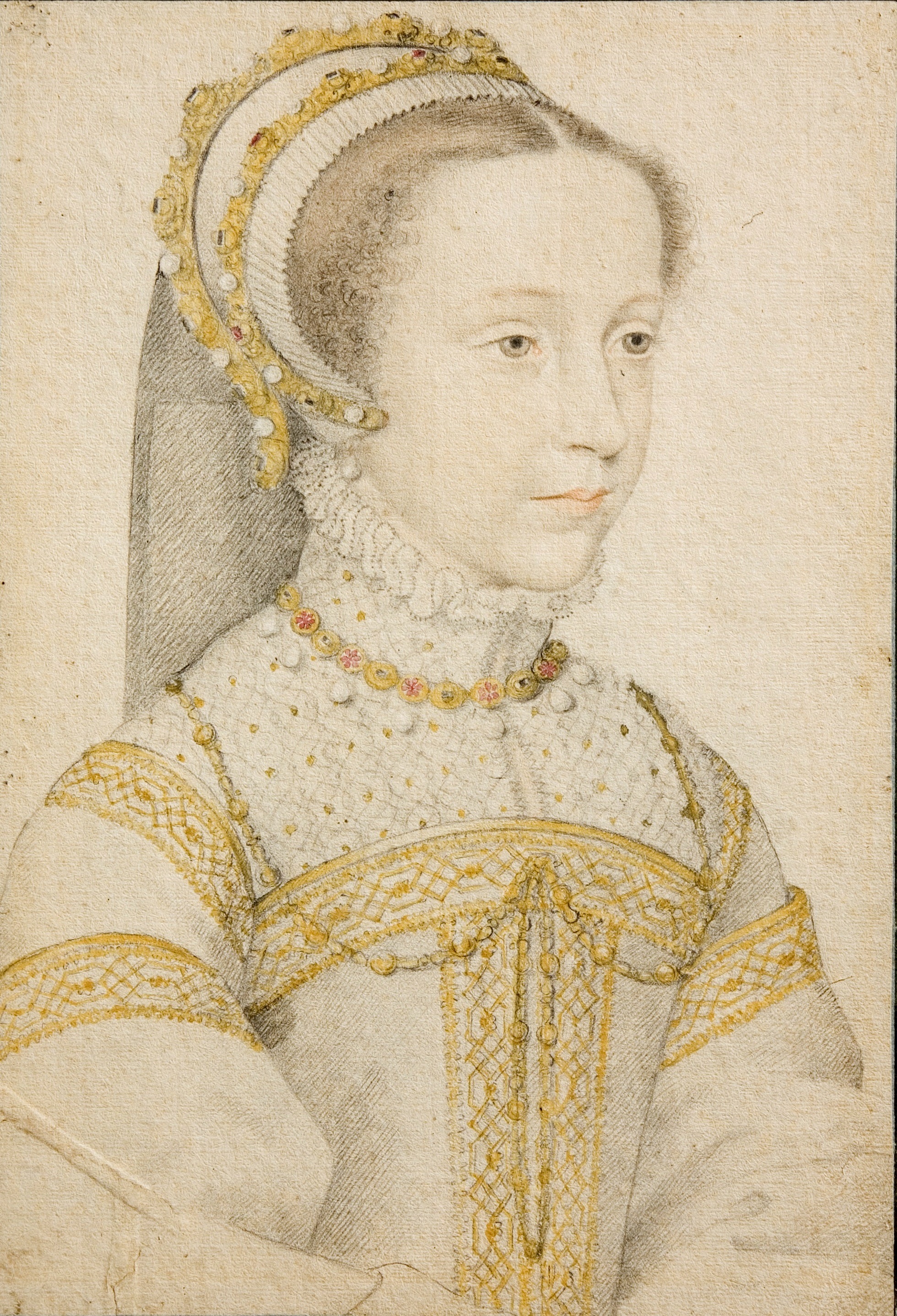- Joined
- Jun 30, 2009
- Messages
- 41,880
- City
- An Iarmhí
- Country
- Ireland
Royal Anniversary- December 8th,1542-Birth of future Mary Queen of Scots.



Royal Anniversary- December 8th,1542-Birth of future Mary Queen of Scots.
The only redeeming trait of Darnley's was that he helped produce an heir.
persian85033 said:I've wondered about that, too. The closest I ever heard was that Darnley's only good traits were his youth and good looks.
Artemisia said:Every time I see this portrait, I feel slightly creeped out; Mary looks exactly like my older sister there. Save from the outfit and hairpiece, it could have been her portrait - and her name is Mary too. I mean, I know we are descended from her, but the resemblance is still a bit eerie.


Ok, an axe. Wouldn't that have been kept? Especially when James I came to power.
Australian actress Adelaide Kane is to play Mary, Queen of Scots in a new US drama. But she is not the first actress to portray the troubled royal.
BBC News - Leading ladies: The many faces of Mary, Queen of Scots
If Mary had a son with Francis she might have held some influence but she'd have to go head to head against Catherine which I'm sure the wily eternal Regent would have won hands down!
Interesting. I agree that Mary's would have had difficulties if she had remained in France--although the results probably would not have been fatal. Mary didn't seem capable of thinking more than one or two steps ahead. I think she would have been fine if she had married someone competent. It's not fair to compare her to Queen Elizabeth, but she wasn't even as competent as Mary of Guise.
